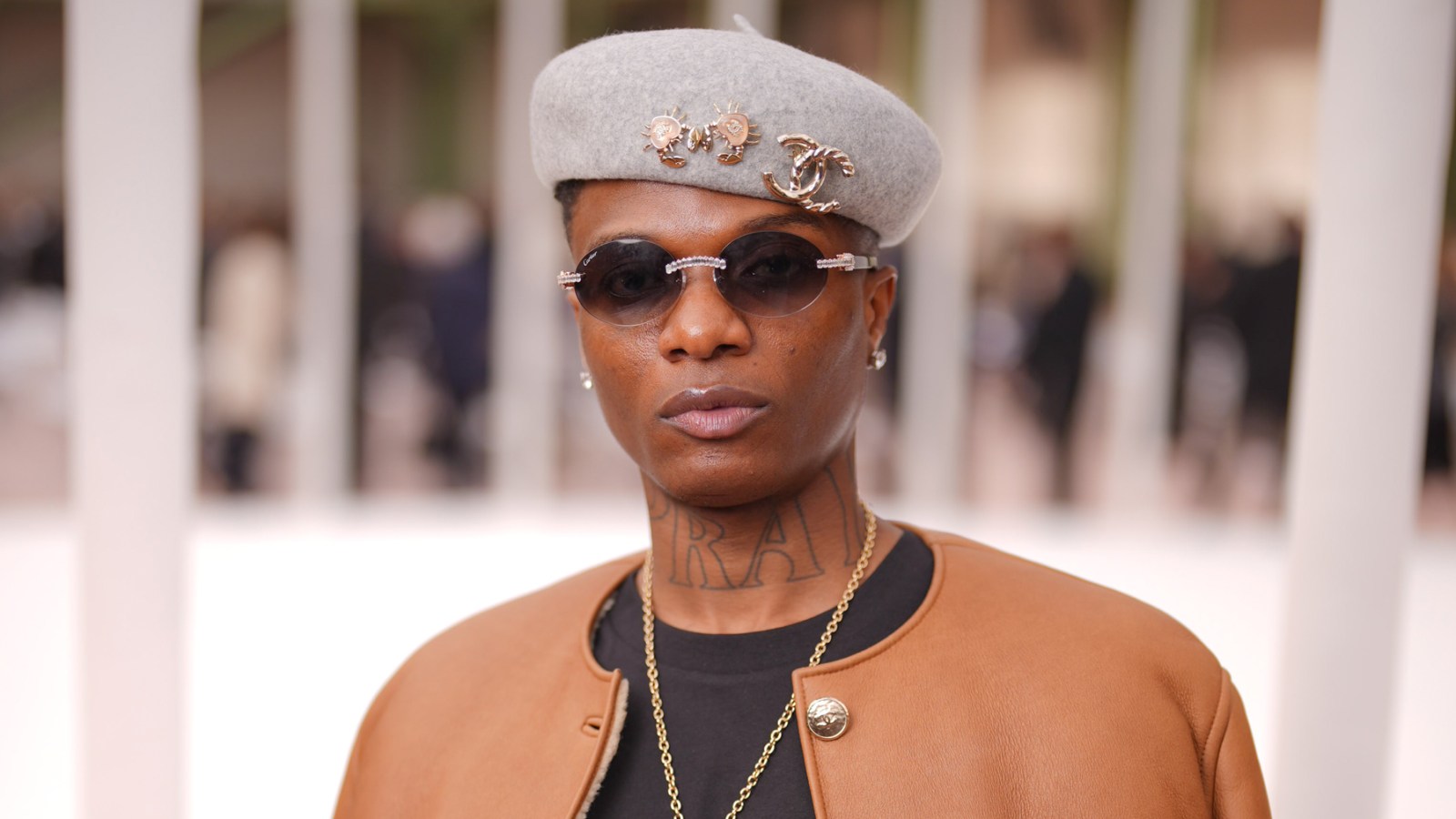Longtime Afrobeats enthusiasts have literally watched Wizkid grow up before our eyes. He was around 19 years old when the lead single from his debut album Superstar made headwinds in 2010. Back then, he was making music saturated with the buzzy synths and frenetic energy of the hyper-digital sound of that time. As he grew, he tried other techniques on for size, playing with highlife, dancehall, reggae, and R&B. By the time he made his major crossover breakthrough with “Essence” alongside Tems (and eventually, Justin Bieber), he had finally pinned down the style he’s come to own on his 2020 album Made in Lagos: sensual, rich, and subtle. As he’s moved through music since, it’s sometimes hard to tell if Wizkid is doing something signature or stagnant – and with a massive, soccer-inspired stanbase (Wizkid FC) it really depends on who you ask.
The follow-up to Made in Lagos, 2022’s More Love, Less Ego, seemingly came and went, building upon the easy melodies of its predecessor with a playful retrowave sensibility. However, his latest, Morayo, is named for and dedicated to his late mother, who passed away in August 2023 at the relatively young age of 66. In turn, there’s a maturity and cultural authenticity that hovers over Morayo. In many ways, it’s a lovely evolution of the Made in Lagos sound, though in others, it feels like a superstar on autopilot. In a year where hitmakers like Tyla, Rema, Tems, and Ayra Starr injected a unique vitality into Afrobeats, Morayo is sturdy but unsurprising. Yet, innovation isn’t the only standard for musical greatness, and it’s clear that this is less an exercise in thought than one in feeling.
Fittingly, the album is lush with some of the best production of Wizkid’s career, overseen by his steady confidant, Afrobeats maven P2J. It’s alive with real instrumentation, bold with what feels like each player’s personality, from the flourishes of trumpet on “Karamo,” to the chatty talking drums on “Kese (Dance),” to the soulful piano on “Time.” The personalities of a well-curated roster of guests shine too: “Badgirl” is the Wizkid-Asake meet-up we deserve after the slightly sleepy disappointment of “MMS,” Wiz gets deep in his R&B bag with a Jazmine Sullivan song that channels D’Angelo, he taps into the vibrant world of Francophone Africa with Tiakola and Anaïs Cardot, and Brent Fiayaz, who is at his best over Afrobeats, plays the perfect wingman on “Piece of My Heart.”
Morayo may have packed a harder punch with sharper curation elsewhere, namely, in tracklisting and songwriting. While there are points where Wizkid’s words and attitude are energized and inspiring, reused refrains from “One Dance,” “Come Closer,” “Grace,” and “Anoti” feel more repetitive than cunningly self-referential. Similarly, the distinct sonic throughlines, like that between “Kese (Dance),” “Bend,” and “Soji,” teeter the line between cohesion and monotony. Still, the soft and cyclical nature of the album makes it more like a warm hug than a packed punch at all. When the sound of rainfall opens “Lose,” it crystalizes Morayo as the sort of chill-Afrobeats-to-vibe-to where Wizkid reigns.




Leave a Comment